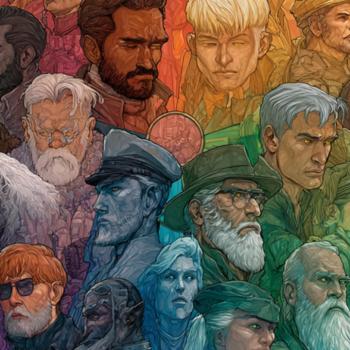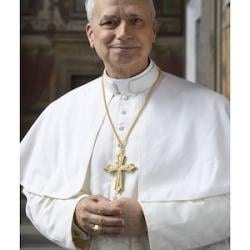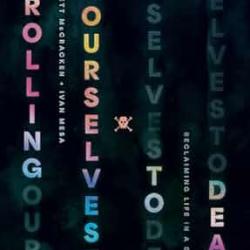
Introduction: Atheism vs Agnosticism
In the simplest terms, an atheist is someone who does not believe in the existence of any deity. On the other hand, an agnostic posits that it's impossible to truly know whether deities exist, leading them to neither believe nor disbelieve. Both atheists and agnostics typically distance themselves from religious faith or practices, often rejecting the notion of supernatural events. Learn more about the distinction here.
The Spectrum of Faith: From Theism to Atheism
Religious faith is a vast and varied landscape. It's rare to find two individuals with identical beliefs. Faith, or the lack thereof, manifests in numerous forms, spanning a wide spectrum of perspectives. On one end, we encounter devout believers from religions like Hinduism, Islam, Christianity, and Judaism. These theists firmly believe in the existence of a god or gods that influence our world and human lives. However, their interpretations of the divine and its expectations differ significantly.
Conversely, at the opposite end, some not only harbor doubts about the existence of gods but are convinced of their non-existence. Between these two extremes lie various shades of faith and skepticism.
Deism: The Enlightenment's Religious Position
Deism, an Enlightenment-era belief, is a form of theism but devoid of active religious practices. Deists acknowledge a deity's existence, one that crafted the world but remains indifferent to its workings. This deity neither interacts with the created order nor imposes demands on humanity. Consequently, deists dismiss supernatural revelations and specific religious doctrines. Read more about Deism on Encyclopedia Britannica.
Atheism: Varieties and Beliefs
The term "atheism" stems from "a-theism," signifying non-theism. Atheists can be broadly categorized into two types:
- Those who lack a specific belief in deities.
- Those convinced of the non-existence of deities.
While some atheists might not ponder religious beliefs, adopting a nonreligious perspective towards life, others might have actively contemplated and then dismissed theistic possibilities. Dive deeper into atheism on Stanford Encyclopedia of Philosophy.
Agnosticism: The Different Perspectives
Agnosticism is multifaceted:
- Some agnostics remain open to the potential existence of a god or gods but argue that such knowledge is unattainable.
- Others, while conceding that true knowledge is elusive, choose disbelief due to this uncertainty.
A common thread among agnostics is their skepticism towards religious revelations, be it from the Bible, the Quran, the Vedas, the Bhagavad Gita, or other religious texts. They find these claims unconvincing and irrelevant to their lives.
Humanism: A Philosophical Approach
Humanism, philosophically aligned with certain atheistic and agnostic views, emphasizes human potential and responsibilities. Contemporary humanists typically reject theistic claims of divine influence over human lives. Instead, they champion human agency in shaping reality, advocating for well-being through natural and human means, devoid of supernatural or divine interventions. Discover more about humanism from the American Humanist Association.
Buddhism: An Atheistic Religion
Interestingly, Buddhism, in some of its earliest forms, aligns with atheistic beliefs. While it delves deep into spirituality, it doesn't necessarily advocate for a creator god.
In conclusion, beliefs and non-beliefs are vast and varied. While some find solace in faith, others seek answers in skepticism or philosophy. Regardless of where one stands, it's essential to approach these topics with an open mind and respect for diverse perspectives.
10/3/2023 7:39:50 PM










